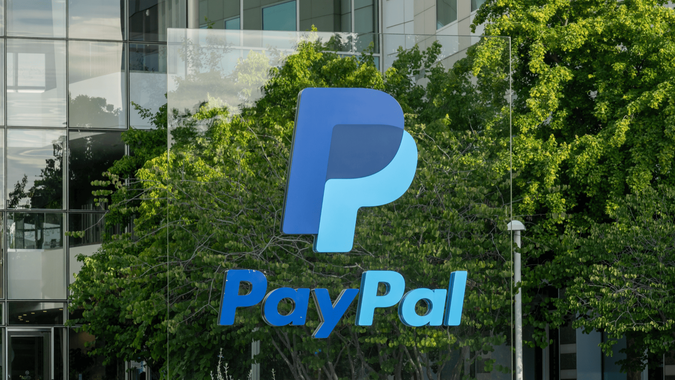PayPal, the global digital payments giant, has announced the establishment of its regional headquarters in the United Arab Emirates (UAE), marking a significant step in the country’s drive to strengthen its role as a global hub for commerce and technology.
The move adds PayPal to the growing list of multinational firms choosing the Emirates as their base for operations across the Middle East, Africa, and South Asia. Other recent entrants include telecom operator Veon and private equity group Fortress, underlining the UAE’s increasing appeal to international business.
Strategic hub
The UAE’s strategic location, world-class financial infrastructure, and business-friendly policies are among the key factors drawing companies to Dubai and Abu Dhabi. Officials have long positioned the country as a gateway for firms seeking access to fast-growing regional markets.
Analysts say PayPal’s arrival will carry particular weight for the nation’s financial technology sector. The firm is expected to bolster the UAE’s digital economy by expanding payment solutions, encouraging e-commerce growth, and offering new opportunities for startups and small businesses.
“PayPal’s decision reflects a vote of confidence in the UAE’s fintech ecosystem,” said one Dubai-based analyst. “The firm’s entry could help accelerate digital adoption and strengthen consumer trust in online transactions.”
Boost for digital economy
Digital payments adoption has been growing rapidly across the Middle East, with demand surging in areas such as digital wallets, remittances, and mobile-based solutions. By establishing its headquarters in the UAE, PayPal will be positioned to tap into these markets while offering merchants access to its global customer base.
For consumers, the move is expected to enhance convenience and security, while businesses may benefit from improved cross-border services and integration with international markets.
Supportive policies
The UAE government has been actively courting multinational firms, offering incentives such as 100% foreign ownership in designated free zones, long-term residency pathways for skilled professionals, and robust intellectual property protections.
These measures are part of the country’s long-term economic diversification strategy under Vision 2030, aimed at reducing reliance on hydrocarbons and fostering innovation-driven industries.
Wider implications
Observers note that PayPal’s entry is more than just another corporate expansion; it signals growing competition among regional financial hubs. Countries such as Saudi Arabia and Qatar are also vying for global firms, but the UAE’s ability to attract names of PayPal’s calibre underscores its current lead.
Industry experts believe the move will encourage more technology-driven companies to follow suit, cementing the UAE’s ambition to be recognised as a leading financial and innovation hub.
As the digital economy becomes an increasingly important driver of global commerce, PayPal’s presence in the Emirates highlights the country’s role in shaping the future of finance across the wider region.

